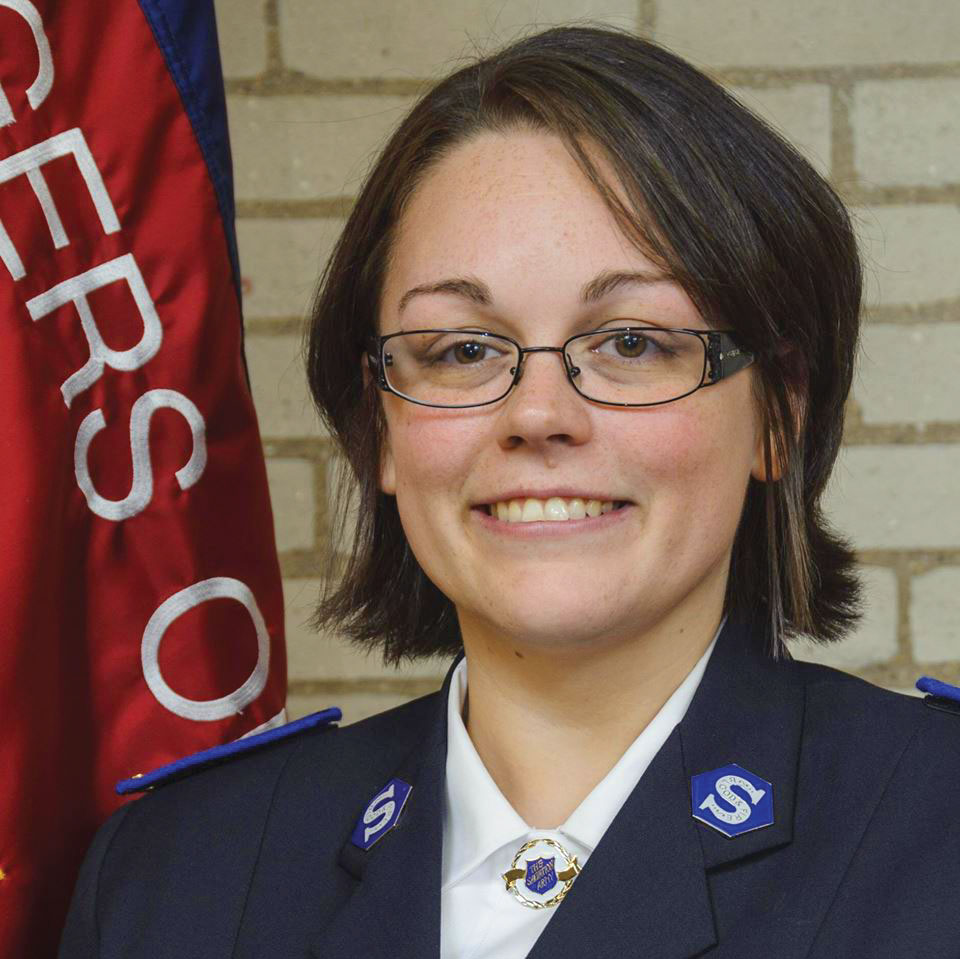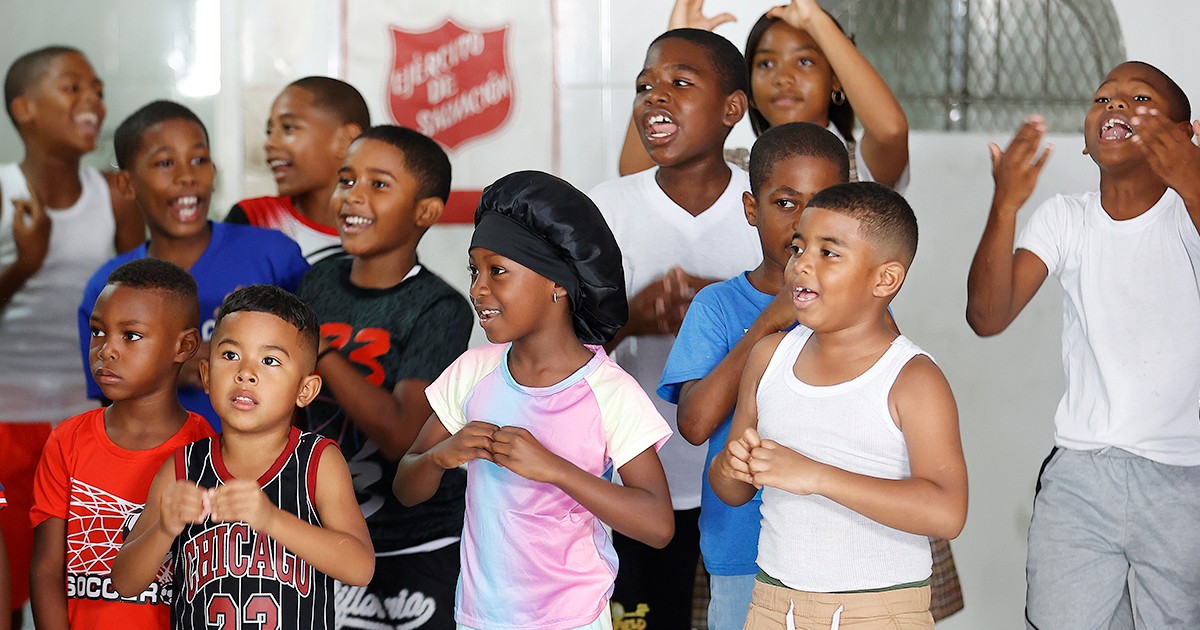"Where are you from?” It sounds like a simple question, but it's one I have always struggled to answer. My story is marked by many changes in setting and characters. Growing up, my family moved every three years or so. Each move brought challenges and blessings and I learned to understand and adapt to my surroundings.
I was born in Peterborough, Ont. We moved to Kingston, Ont., when my parents divorced, and both remarried when I was four. Although divorce is not ideal for anyone, this part of my journey gave me two additional parents—I have never called these influential people “step” parents—four more grandparents and many cousins. My first public declaration of faith was in Kingston.
Our next move was to Truro, N.S., where one teacher in particular took me under her wing and taught me about human rights. She had lived in South Africa during apartheid and opened my eyes to injustice. She introduced me to the history of slavery, the Holocaust, the impact of Indian Residential Schools and environmental concerns. She helped me look past differences between people to understand the dignity and worth of all human beings as part of God's creation, instilling a sense of empathy and social responsibility.
The next stop on my journey was London, Ont., where I became a senior soldier and a member of the candidates' fellowship. I set my sights on becoming an officer because I wanted to reach out to people who feel alone and be the hands and feet of Christ in this broken world.
After London, we moved to Sarnia, Ont. This was a hard time in my life—the typical teenage years where no one feels normal. But during my struggles, at a time when I felt alone, God made himself real to me. He was no longer a distant God, but one I could feel—with his arms around me and my head on his shoulder.
My journey continued to Winnipeg, where I completed my last semester of high school as my mother and father entered training college. At the age of 19, I became an officer's kid! After high school, I studied social work at Booth University College, where I was introduced to the complexity of the Bible, the larger patterns and purposes, in ways I had never heard. This deepened my relationship with God.
After graduating, I joined my parents in their first appointment in Bridgewater, N.S., and began exploring my identity and cultural heritage as a non-status Mi'kmaq woman. My ancestors were from this region and I was able to connect with the community through the Native Council of Nova Scotia. The Wildcat community accepted me and helped me understand what it means to be Mi'kmaq.
I went on to do a master's degree in social work, and then served as the executive director for a First Nations foster care organization. In the fall of 2014, God opened the door for me to attend training college.
As I reflect on the lessons I have learned on my journey to this point, one thing stands out: the importance of understanding and adapting to culture. Culture is a gift from God, a lens through which we are able to make sense of the world. The more we know about different cultures, the better we can communicate the gospel in a way that people can understand. When we fail to understand culture, it can result in painful and harmful setbacks to the gospel, as we have seen with the legacy of the Indian Residential Schools.
I have come to see 1 Corinthians 9:22-23 as a call to view the world through the eyes of others to share the good news: “I have become all things to all people so that by all possible means I might save some. I do all this for the sake of the gospel, that I may share in its blessings.”
Culturally responsive ministry is at the heart of The Salvation Army's mission. In the early days of the Army, our music, clothing, ministry locations, the representation seen in our ranks—even our outlandish shenanigans—were all culturally attuned. The slum sisters, match factory, pub tunes—all transformed for the glory of God. We understood our time and place, and used that understanding to be Christ in that context.
Today, ministries with cultural and contextual relevance excite me. Looking back, I believe God has used my lifetime of cultural adaptation to prepare me for ministry as an officer.
I was born in Peterborough, Ont. We moved to Kingston, Ont., when my parents divorced, and both remarried when I was four. Although divorce is not ideal for anyone, this part of my journey gave me two additional parents—I have never called these influential people “step” parents—four more grandparents and many cousins. My first public declaration of faith was in Kingston.
Our next move was to Truro, N.S., where one teacher in particular took me under her wing and taught me about human rights. She had lived in South Africa during apartheid and opened my eyes to injustice. She introduced me to the history of slavery, the Holocaust, the impact of Indian Residential Schools and environmental concerns. She helped me look past differences between people to understand the dignity and worth of all human beings as part of God's creation, instilling a sense of empathy and social responsibility.
The next stop on my journey was London, Ont., where I became a senior soldier and a member of the candidates' fellowship. I set my sights on becoming an officer because I wanted to reach out to people who feel alone and be the hands and feet of Christ in this broken world.
After London, we moved to Sarnia, Ont. This was a hard time in my life—the typical teenage years where no one feels normal. But during my struggles, at a time when I felt alone, God made himself real to me. He was no longer a distant God, but one I could feel—with his arms around me and my head on his shoulder.
My journey continued to Winnipeg, where I completed my last semester of high school as my mother and father entered training college. At the age of 19, I became an officer's kid! After high school, I studied social work at Booth University College, where I was introduced to the complexity of the Bible, the larger patterns and purposes, in ways I had never heard. This deepened my relationship with God.
After graduating, I joined my parents in their first appointment in Bridgewater, N.S., and began exploring my identity and cultural heritage as a non-status Mi'kmaq woman. My ancestors were from this region and I was able to connect with the community through the Native Council of Nova Scotia. The Wildcat community accepted me and helped me understand what it means to be Mi'kmaq.
I went on to do a master's degree in social work, and then served as the executive director for a First Nations foster care organization. In the fall of 2014, God opened the door for me to attend training college.
As I reflect on the lessons I have learned on my journey to this point, one thing stands out: the importance of understanding and adapting to culture. Culture is a gift from God, a lens through which we are able to make sense of the world. The more we know about different cultures, the better we can communicate the gospel in a way that people can understand. When we fail to understand culture, it can result in painful and harmful setbacks to the gospel, as we have seen with the legacy of the Indian Residential Schools.
I have come to see 1 Corinthians 9:22-23 as a call to view the world through the eyes of others to share the good news: “I have become all things to all people so that by all possible means I might save some. I do all this for the sake of the gospel, that I may share in its blessings.”
Culturally responsive ministry is at the heart of The Salvation Army's mission. In the early days of the Army, our music, clothing, ministry locations, the representation seen in our ranks—even our outlandish shenanigans—were all culturally attuned. The slum sisters, match factory, pub tunes—all transformed for the glory of God. We understood our time and place, and used that understanding to be Christ in that context.
Today, ministries with cultural and contextual relevance excite me. Looking back, I believe God has used my lifetime of cultural adaptation to prepare me for ministry as an officer.










Leave a Comment